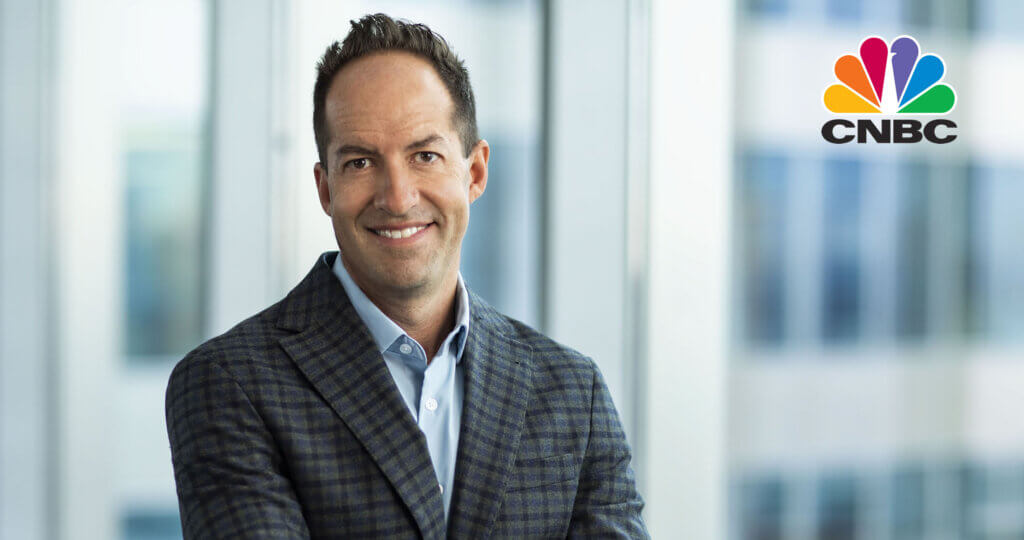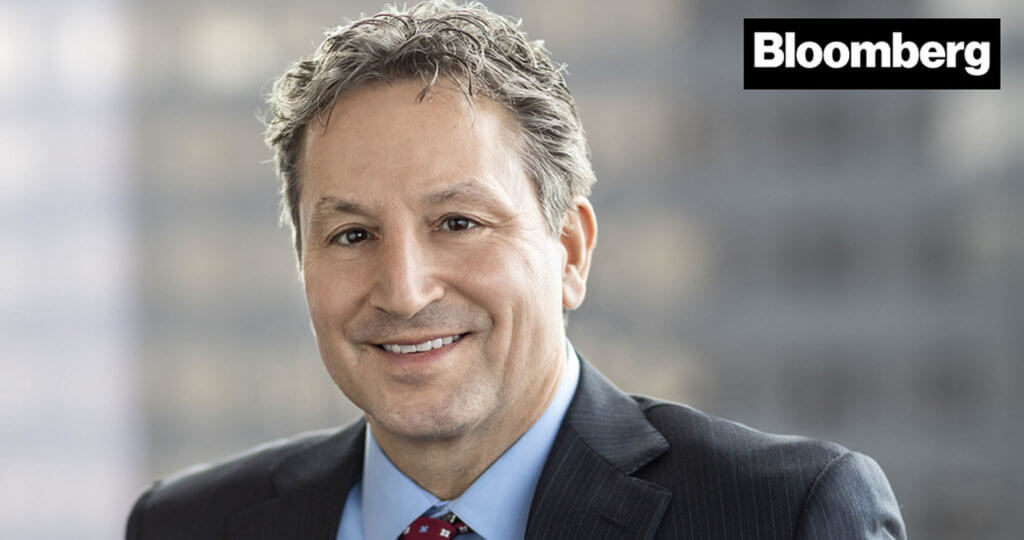Fellow Shareholders,
I am pleased to report that both the Oakmark International Fund and Oakmark International Small Cap Fund delivered solid absolute performance and outperformed on a relative basis for the quarter. Please see individual Fund letters for more details. In general, despite persistent macroeconomic challenges, the environment for corporate profitability has been reasonable, allowing business profitability to move forward, albeit at a less than robust pace.
During the lazy days of summer, one may contemplate investing from the perspective of a regatta. Although the less disciplined change their tack in hopes of coaxing along a success, we at Harris Associates continue to look to the horizon and stay the course, even when the winds shift or the gusts blow.
The Conditions at Sea: Worldwide Circumstances Distracting Investors
Since the financial crisis of 2008-2009, investors have been obsessed with macroeconomic themes and distracted by various worldwide circumstances, including deflation in Japan; the state of global banks; financial instability in Greece, Cyprus and the European Union; and the challenges facing the BRIC economies (Brazil, Russia, India and China). These investor distractions have resulted in a persistent cloud of fear that has depressed equity market valuations while inflating valuations in investments deemed as “safe” global fixed income. Ultra-aggressive monetary easing, especially in the U.S., U.K. and now Japan, and the resulting fears surrounding the end of these policies have further aggravated the situation.
Weathering the Conditions: Maintaining Our Core Philosophy
At Harris Associates, we have consistently tried to use these periods of fear and uncertainty to take advantage of what we find are the low equity market valuations globally. Recall that the core of our investment philosophy is the notion that value is a function of the present value of all cash flow streams, not news headlines, which often have little or no impact on the long-term viability of cash flow streams.
Note that just one year ago, we were heavily invested in both Japanese equities and European financials because we were able to find high quality businesses with share prices that had been sharply depressed by macro events but still had solid balance sheets, business models and sustainable long-term cash generation capability. Today, our shareholders have enjoyed a sharp recovery in the prices of these businesses, as our “Harris” fundamentals have indeed trumped macroeconomic concerns.
How ”Conditions” can Improve: Changing the Focus from Macro to Micro
While markets seem focused on macroeconomics, I continue to believe that the key to improving global economic growth is microeconomic reform. Recently, the Bank of International Settlements (BIS), the principal bank to the world’s central banks, hinted at the need for microeconomic reform when it warned that central banks were “overburdened” and called for policies other than monetary stimulus and low interest rates to tackle the issue of slow global growth. The BIS continues to stress structural, microeconomic changes, like labor market reform and changes to social security systems.
Some leaders appear to agree with the BIS regarding methods for stimulation of global growth. In particular, the Chinese central bank has been making headlines and disturbing the “easy money fan club” by daring to slow the growth of aggressive lending within the Chinese financial system by limiting liquidity growth to the financial system as a whole. Moreover, in Europe, Italy’s new Prime Minister, Enrico Letta, has taken a different tack than his French neighbors by acknowledging that sustainable growth does not come from government spending programs but rather from policies such as labor market flexibility, job training and simplification of Italy’s archaic civil justice system.
In Japan, the world’s third largest economy, Prime Minister Abe, after initiating policies to tackle deflation, has vowed to take a swing at structural reform as well. Of course, Japan is Japan, and we will eventually see if words become action, but the talk sure sounds good!
Navigating for You: The Impact of Micro Policies on Market Value
Policies that lead to sustainable growth positively impact corporate profits and, thus, company valuations. Brazil offers one example of how microeconomic policies impact long-term growth. Although most analysts considered Brazil to have a solid growth plan, the country has encountered rough seas because of policies that may have supported short-term economic performance but strangled sustainable growth. That said, red tape, bureaucracy, over-regulation, high and opaque taxation, and corruption have negatively impacted Brazil’s economy and triggered unrest across the class spectrum. We spent the last few years answering client questions about why we had no direct exposure to a booming Brazil. In our opinion, the high valuations that the market enjoyed clearly were unwarranted. Hopefully, a “reset” in Brazil will give us the opportunity to find value.
Despite today’s current challenges, I am extremely optimistic that the emerging world will propel medium- and long-term global growth. However, true structural reform, especially in the slow-growth, developed markets of Europe and Japan, would greatly supplement the more erratic growth patterns of emerging markets. Ultimately, we believe such policies would alleviate the ever pervasive macro fears and lead to an environment that would be extremely conducive to global equity markets.
Past performance is no guarantee of future results. The performance data quoted represents past performance. Current performance may be lower or higher than the performance data quoted. The investment return and principal value vary so that an investor’s shares when redeemed may be worth more or less than the original cost. The performance of the Oakmark International Small Cap Fund does not reflect the 2% redemption fee imposed on shares redeemed within 90 days of purchase. To obtain the most recent month-end performance data, view it here.
Investing in value stocks presents the risk that value stocks may fall out of favor with investors and underperform growth stocks during given periods.
Investing in foreign securities presents risks that in some ways may be greater than U.S. investments. Those risks include: currency fluctuation; different regulation, accounting standards, trading practices and levels of available information; generally higher transaction costs; and political risks.
The stocks of smaller companies often involve more risk than the stocks of larger companies. Stocks of small companies tend to be more volatile and have a smaller public market than stocks of larger companies. Small companies may have a shorter history of operations than larger companies, may not have as great an ability to raise additional capital and may have a less diversified product line, making them more susceptible to market pressure.
The Oakmark International Fund’s portfolio tends to be invested in a relatively small number of stocks. As a result, the appreciation or depreciation of any one security held by the Fund will have a greater impact on the Fund’s net asset value than it would if the Fund invested in a larger number of securities. Although that strategy has the potential to generate attractive returns over time, it also increases the Fund’s volatility.The discussion of the Funds’ investments and investment strategy (including current investment themes, the portfolio managers’ research and investment process, and portfolio characteristics) represents the Funds’ investments and the views of the portfolio managers and Harris Associates L.P., the Funds’ investment adviser, at the time of this letter, and are subject to change without notice.






